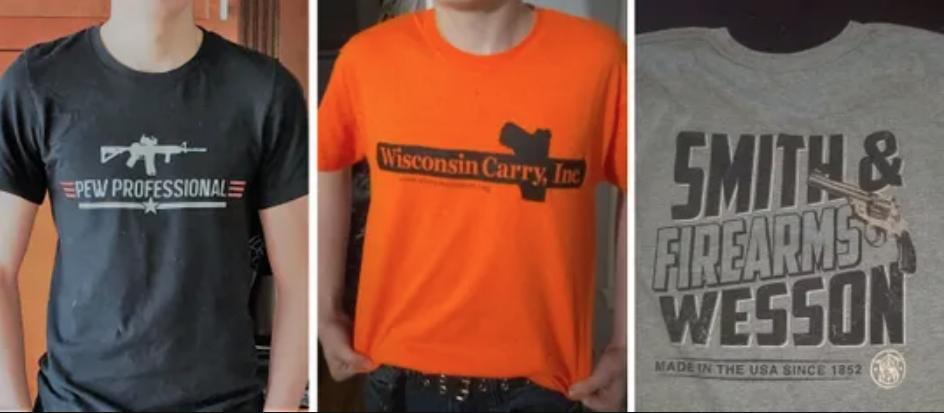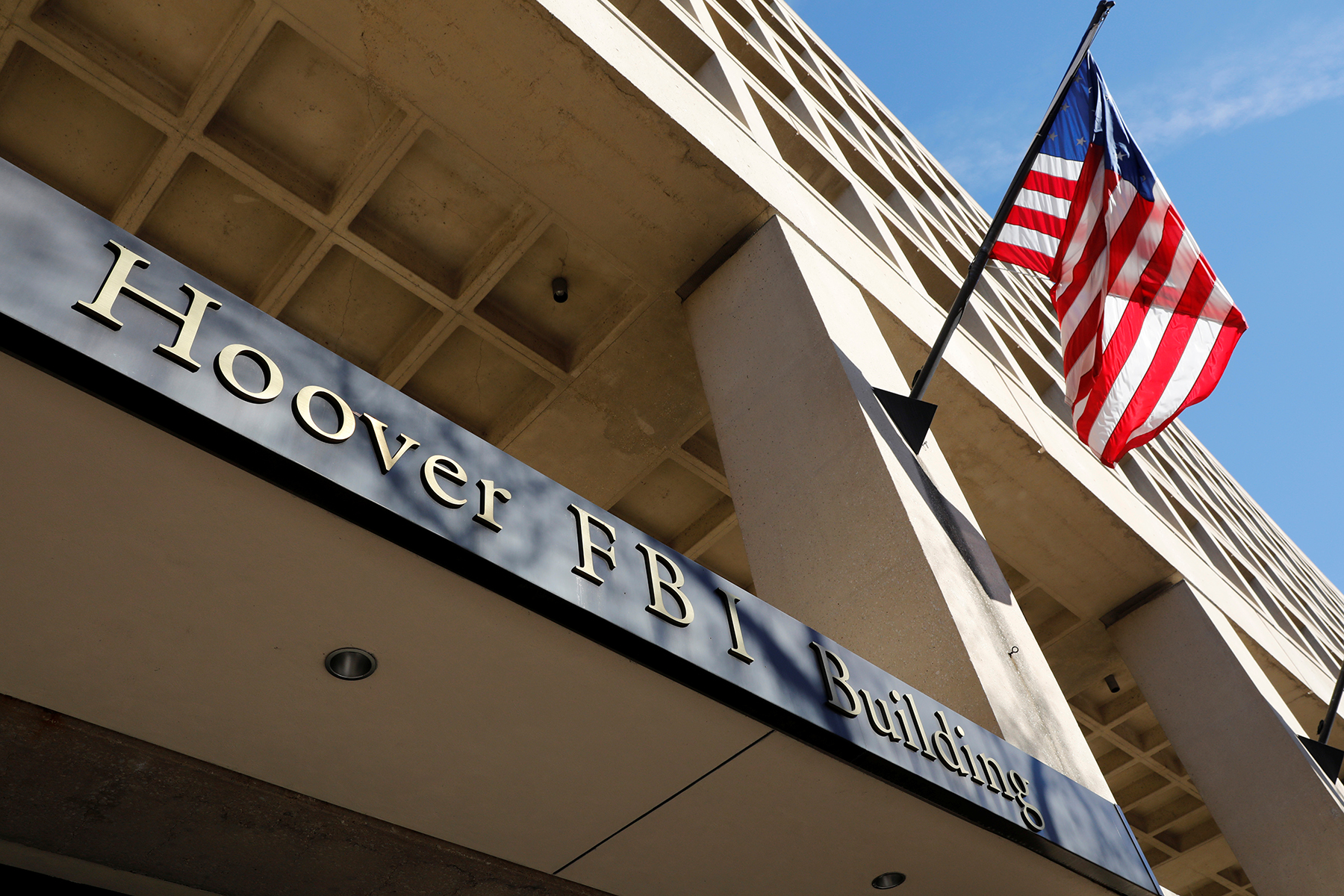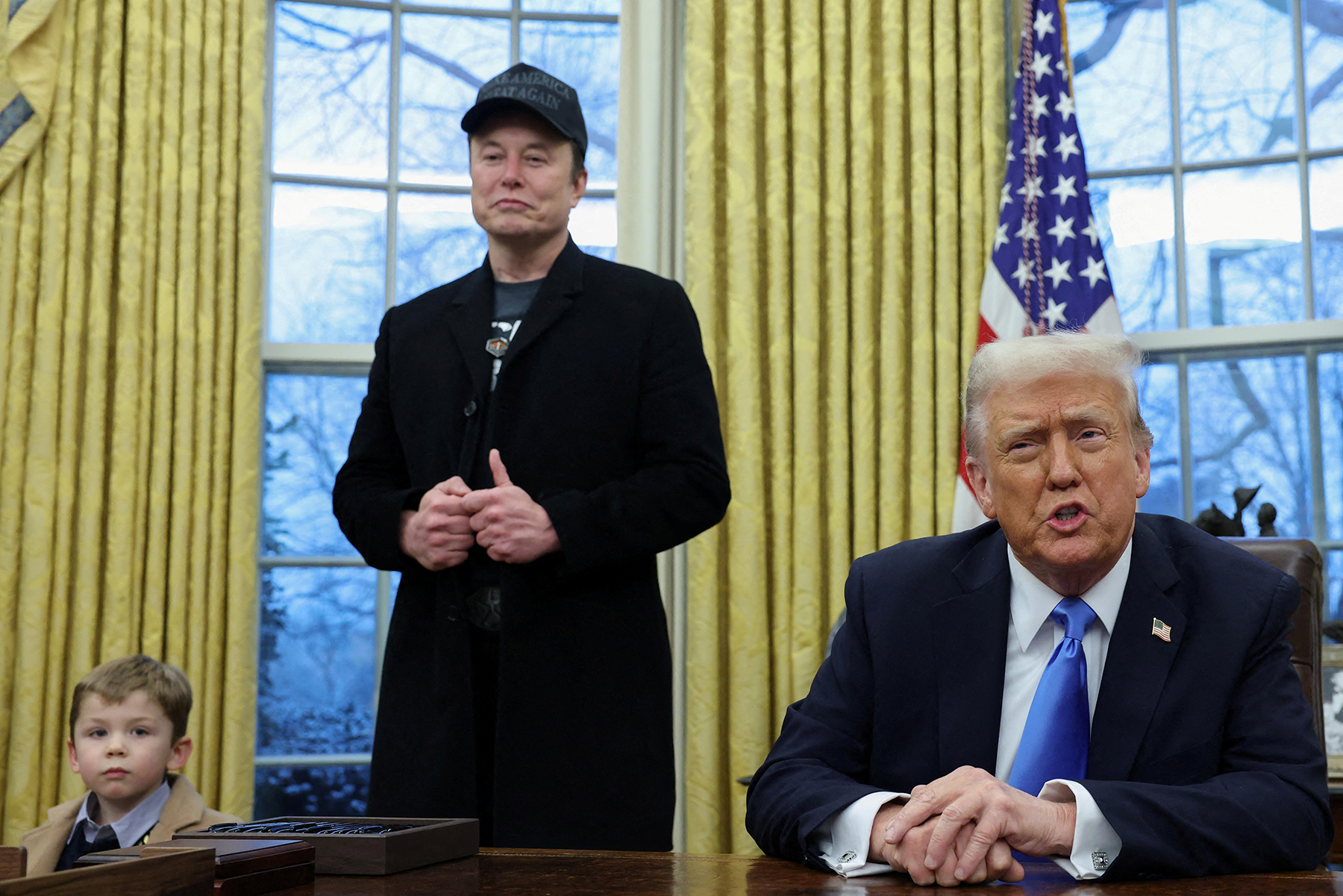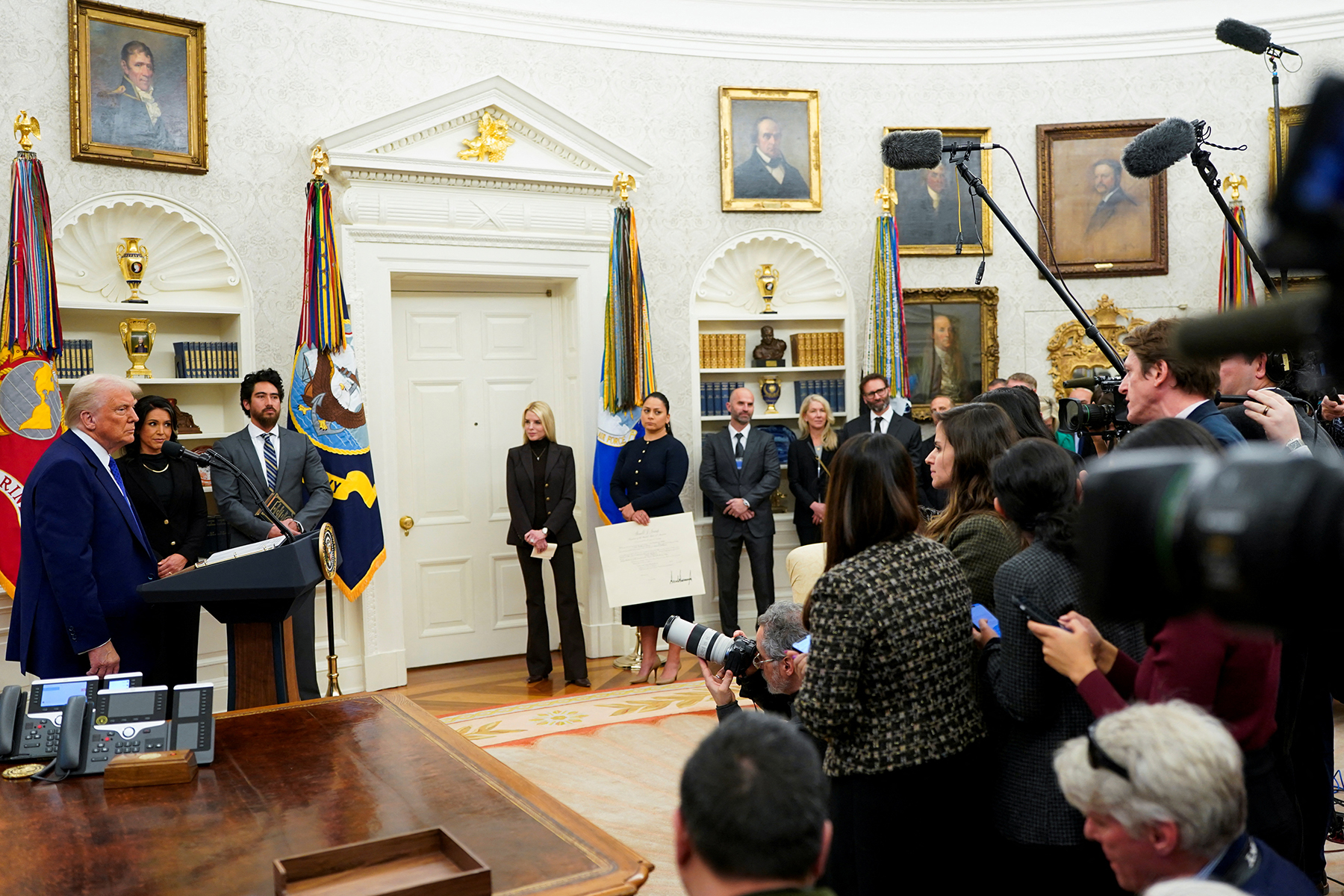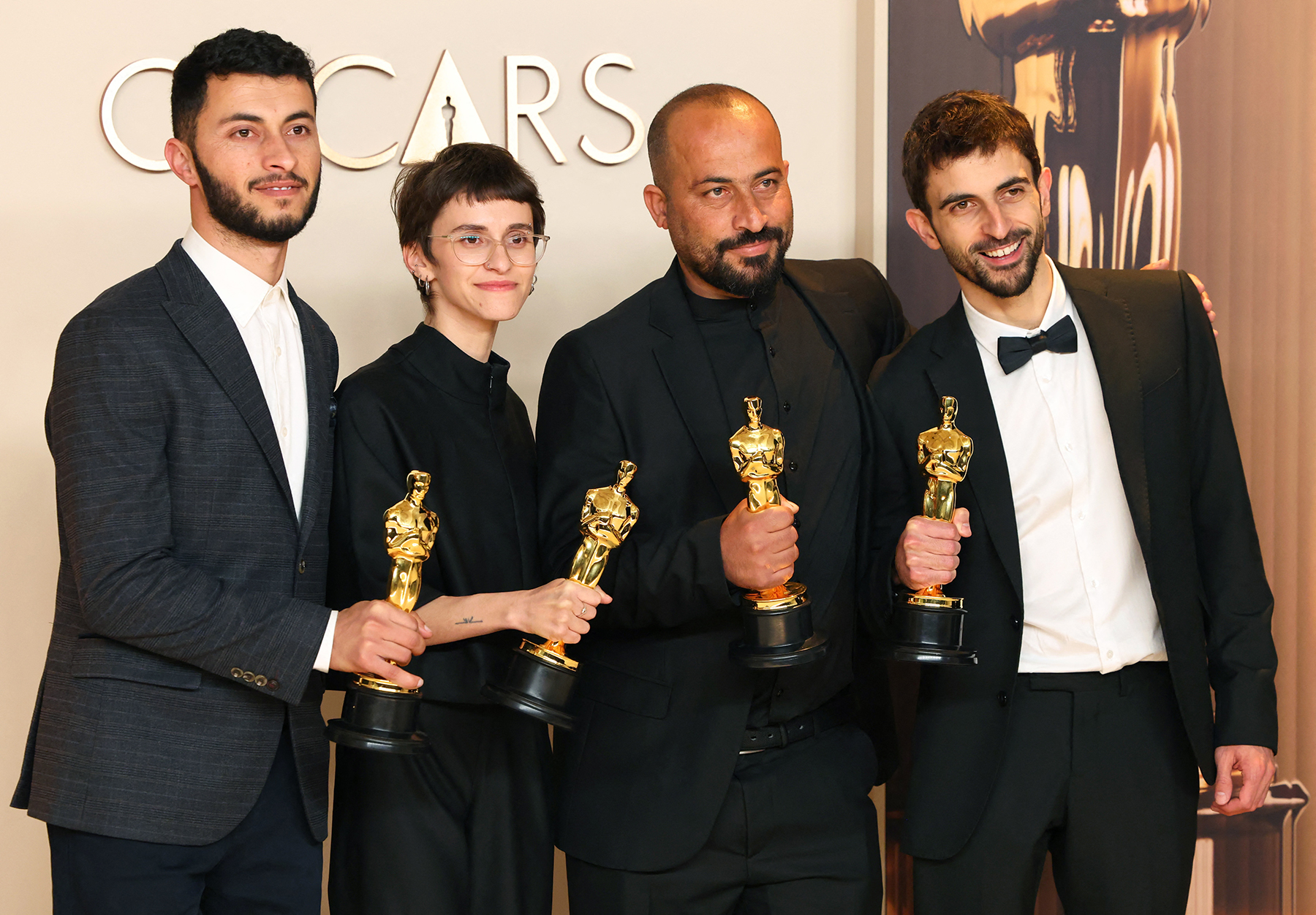Correction: This piece was edited to clarify that the case remains open. The November 6th decision was in response to the defendants’ motion to dismiss the case on the grounds that the students’ clothing was not protected speech. That motion was denied.
Two students who were prohibited from wearing pro-gun t-shirts in school can now move forward with their First Amendment claims after a federal judge found that the shirts were protected speech.
See previous story: Parents of Two High School Students Sue Over Right to Wear Gun T-Shirts in Class
“Clothing that bears explicit messages or symbols which are intended to convey a political or other message can clearly amount to speech entitling the wearer to First Amendment Protection,” the United States District Court for the Eastern District of Wisconsin ruled on November 6th.
The two student’s parents filed a lawsuit against Shattuck Middle School and Kettle Moraine High School in February. In the complaint, their lawyers argued that the shirts did not advocate for violent or illegal use of firearms, but were meant to express support for “the value to society of personal possession of arms as guaranteed by the Second Amendment.”
One of the shirts in question bears a handgun tucked behind the logo of a gun-rights advocacy group, as if in a gun holster. The other features a silhouette of an AR-15 style rifle above the words “Pew Professional” (“pew” as in the sound a firearm makes).
The school administrators attempted to dismiss the case on the grounds that the shirts were not protected speech. They argued that the shirts were “merely advertisements for companies that happen to have a picture of a firearm on them,” and did not convey a “particularized message.” The judge rejected their motion.
“The fact that the message may be ambiguous and open to interpretation does not deprive it of constitutional protection…If it was, the First Amendment ‘would never reach the unquestionably shielded painting of Jackson Pollock, music of Arnold Schöenberg, or Jabberwocky verse of Lewis Carroll,’” Judge William C. Griesbach wrote.
As the case moves forward, Griesbach will analyze whether the schools’ administrators “were justified in prohibiting [the students] from conveying their messages in the manner and place chosen by them.”
Tags
